The views expressed in our content reflect individual perspectives and do not represent the authoritative views of the Baha'i Faith.
I am hopeful that the coronavirus pandemic may have an unintended benefit in regard to how we see our elders and many of those who are oppressed in our society.
Because COVID-19 disproportionately impacts older people, maybe this virus might help us think more about these precious human beings and their roles in our society. In regard to our elders, it is my personal hope our thoughts are not simply to figure out how we can avoid getting them sick, but also that their lives can immeasurably enrich the rest of us.
This goes for all human life, of course. The Baha’i teachings ask us to see all life in a way that we consciously engage every human being at every level of society, so each may contribute their part to our collective advancement:
As difference in degree of capacity exists among human souls, as difference in capability is found, therefore, individualities will differ one from another. But in reality this is a reason for unity and not for discord and enmity. If the flowers of a garden were all of one color, the effect would be monotonous to the eye; but if the colors are variegated, it is most pleasing and wonderful. The difference in adornment of color and capacity of reflection among the flowers gives the garden its beauty and charm. Therefore, although we are of different individualities, different in ideas and of various fragrances, let us strive like flowers of the same divine garden to live together in harmony. Even though each soul has its own individual perfume and color, all are reflecting the same light, all contributing fragrance to the same breeze which blows through the garden, all continuing to grow in complete harmony and accord. Become as waves of one sea, trees of one forest, growing in the utmost love, agreement and unity. – Abdu’l-Baha, The Promulgation of Universal Peace
Can you imagine a society without our elders? It definitely would look like a garden with flowers of only one color — boring and monotonous to the eye. Instead, our elders have an enormous amount to contribute — and yet our youth- and beauty-obsessed culture does not tend to venerate its elders. Age affects the ability for human beings to be visible, to be heard and to be respected.
For example, women are particularly affected by the prejudices against the aged in our society. Many older women, socially conditioned to be hyper-aware of our society’s centering on youth and beauty, understand age discrimination all too well – because it victimizes them daily.
In simplistic terms, women have been taught that our power, our status, visibility, and even safety is tied to our ability to influence men with our physical appearance.
Regardless of the status of men of any race or economic class, men hold the predominance of power over women, whether around access to resources or physical power. Added to this, society tells women that our minds are of little value from a very young age.
This dynamic is changing, but it is a social norm we must acknowledge. Once we acknowledge it, we can start to understand how it operates in the psyche of women — one that continues to be deeply embedded and even dictates how young girls view themselves. Add to this the discrimination against black and brown women, and the oppression of womanhood becomes a heavier and heavier burden.
As a result of this hierarchy and social conditioning, women fruitlessly attempt to defeat the passage of time by doing everything in their power to stay as beautiful and youthful as is physically possible throughout their entire lives. The billion-dollar cosmetic industry testifies to this reality.
The equation of youth + beauty = power for women becomes, for many, an extremely unhealthy obsession. Because women are socially conditioned to believe their worth is based on a materialistic viewpoint, this ingrained belief of our reality as human beings demands the necessity for women to cultivate, to whatever extent possible, their beauty — simply in order to be more seen and heard, to be visible.
Women readily recognize how society treats us as we get older. We know the older we get, the more that beauty and youth wanes, and the more invisible we become. The Baha’i teachings warn us against valuing only the physical aspects of life, which never last:
Mortal charm shall fade away, roses shall give way to thorns, and beauty and youth shall live their day and be no more. But that which eternally endureth is the Beauty of the True One, for its splendour perisheth not and its glory lasteth for ever; its charm is all-powerful and its attraction infinite. – Abdu’l-Baha, Selections from the Writings of Abdu’l-Baha
Because of our materialistic view and social conditioning that equates human worth to appearance, which includes skin color, all that has been spoken about is magnified for women of color and adds to their already incredible burden our oppressive society places on them. As a result, elder persons of color of all genders experience an even higher rate of invisibility in our society.
When we measure human worth solely by outer beauty and youth, it has a devastating effect on our elder population. Race and gender and age combined also increases this effect. It becomes vitally important that as a society, we understand the effect this materialistic viewpoint has on all of us — and in the process rethink who we are as human beings.
Our human worth comes from our spiritual nature and capacities as opposed to the physical one that our society has made so dominant.
The true worth and nobility of every human being arises from who we all are as spiritual beings — and spiritual beings never age as the physical body does. Understanding all of this will also assist us to learn to be keenly aware and conscious at every moment in our interactions with others — that no matter race, age, and gender, all human beings are worthy. We have this view while being especially cognizant of the most invisible and oppressed in our society and countering this devaluing by recognizing and upholding their true value and ability to manifest their purpose and potential.
With education and advancement, these factors are improving slightly, although they still struggle against the false narrative of a materialistic obsession with youth and beauty. That narrative can affect everyone, but most powerfully it affects our elders. We can readily understand how, in many instances, this inhuman narrative pushes aside, silences, secludes and devalues our elders. When this superiority manifests there is a danger of labeling our elders’ life experience and wisdom as irrelevant, not “getting it,” “old fashioned,” “stubborn” and/or “behind the times,” to name a few. We, therefore, should look past age and outer appearance, respect our elders’ worth as spiritual beings and heed the value they bring from their life experience.
I feel personally hopeful that with our advancement and learning about the spiritual nature of our existence, the value and worth of all human beings will also advance. In the meantime, during this coronavirus outbreak, we can all consider ways to reach out to our elders, engaging with the ones you know, and having deep and meaningful conversations with them. Ask them questions. Genuinely listen to the life experience they bring. I personally guarantee you will learn a lot. We need both our elders to impart their wisdom and our youth to impart their energy and creativity.


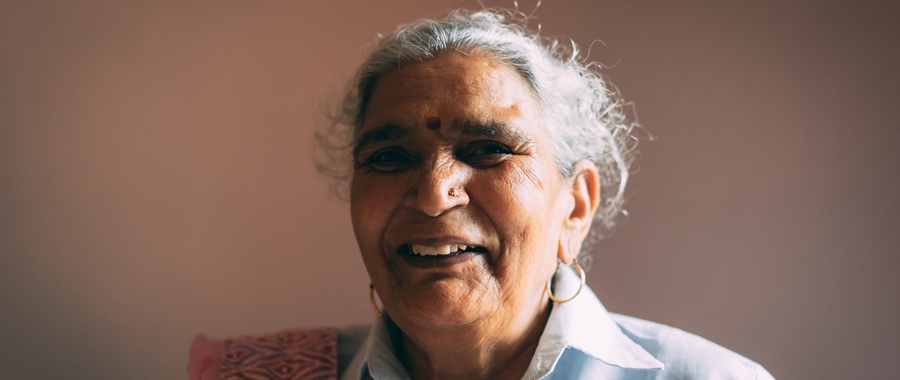
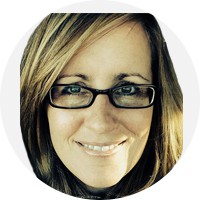
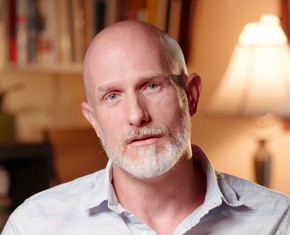
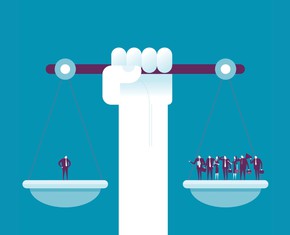
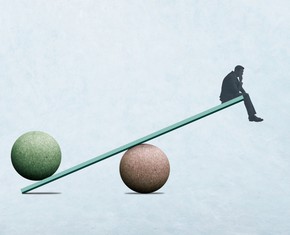









Comments
Sign in or create an account
Continue with Googleor